Top 5 Government Exams in India and How to Crack Them
Essential Guide to India's Top 5 Government Exams and Tips for Crack Them
Government exams are among the best, most suitable, and most stable job opportunities available within India. With the fact that there are numerous exams conducted by varied government departments and agencies, settling on one which will suit your needs might be so challenging. The following is a blog discussing the top five most important government exams conducted in India and some such tips and techniques that could really turn out to be helpful during the same.
From RRB Group D to SSC CGL, we will pick up the most popular examinations, learn about them, their pattern and how they are prepared.
1. UPSC Civil Services Examination
The UPSC Civil Services Examination is conducted to offer students for the Administrative Services throughout the country. This examination is very competitive and aims to challenge the knowledge, skills and competency of the students in many areas of study. The exam is conducted in the following three stages:
- Preliminary Exam (Prelims): Two papers of the objective type, each consisting of 2 hours, under a qualifying character.
- Main Exam (Mains): Nine papers of subjective type carrying 3 hours duration each and the total marks being 175.
- Personality Test (Interview): The interview takes 20 to 30 minutes with a total marking of 275.
How to Crack UPSC
Understand the exam pattern and syllabus: To start with your UPSC preparation get the details of the exam pattern and syllabus first. Divide the syllabus into sections based on your learning pattern and the weightage of the topic in the exam.
Create a Study Plan: The next step in your preparation journey should be creating a study plan that lets you cover all the above topics within a proper time frame. You should give an ample amount of time for practising and revising the concepts you have studied.
Focus on Weak Areas: When you are studying a specific topic or a chapter, focus on weak areas. Practice improving them with sample mock tests and papers.
Stay Updated with Current Affairs: Read newspapers and watch new channels to stay updated with current affairs. You can also follow reliable websites and stay updated on these events.
Practice Answer Writing: UPSC requires you to write longer answers which need practice. Practice answers using previous years’ question papers and mock tests to refine your writing skills.
Take Mock Tests and Analyze Performance: Take a mock test and analyse your performance to identify areas for improvement. Mock tests will also give you an understanding of where you are lagging.
2. IBPS PO Exam
One of the most competitive exams in the nation is the IBPS PO exam. The Institute of Banking Personnel administers this exam, which is used to hire candidates for the position of probationary officer in public sector banks in India. The exam has been divided into 3 major steps which include:
- Preliminary Exam: Prelims The examination consists of two papers of an objective type nature. Both the papers are 2 hours long with a qualifying nature.
- Mains Examination: Nine subjective types of papers, each lasting 3 hours, amounting to a total mark of 1750.
- Interview: A 20-30 minute interview will carry a total mark of 275 for the students who qualify mains.
How to Crack the IBPS PO Exam
Master Important Topics: Make a list of all the important topics that are often included in the exam by analyzing the previous year's papers and dedicating efforts to such important high-weightage topics.
Practice Mock Tests: Attempt a good number of mock tests during your preparation process to give you more simulation of actual exam conditions, record your faults and cultivate them to pinpoint your drawbacks, and work on them.
Develop Efficient Time-Management Skills: You need to manage a lot of things and topics when you are studying for an exam that has such a vast syllabus. You must assign different time durations for different tasks. This can be done by practising enough questions and partitioning your exam time through a proper timetable
Stay Positive and Motivated: Something like appearing for all the specialized IBPS PO exams can be a tedious and time-consuming process. As much as it is possible one has to remain positive and motivated during the learning process that is involved. This can be easily done through consulting your teachers.
Review and Revise Regularly: When you are through with studying a certain topic, it is always advisable to put the information in your simple wordings for easy and quick recall at various intervals of time. Otherwise, you may leave out some important topics or key ideas which are crucial during the exam time.
3. RRB Group D Exam
The Indian Railways conduct an RRB Group D test for recruitment into the various group D posts, which include point men, helpers, Porter, and track maintainers, among others. This test is among the easiest compared to most other tests conducted in India for the recruitment of government employees. There are a total of 100 questions with 25 questions from each section:
- General Science
- Mathematics
- General Intelligence and reasoning
- Current Affairs.
These 100 questions are to be solved by candidates within 90 minutes
How to Crack the RRB Group D Exam
Prepare the Syllabus Thoroughly: In your exam preparation, make sure to go through all the relevant topics after first reviewing the syllabus. It is recommended that you begin with those sections that are more weightage and will perhaps take you a long time to complete. This way you will be able to finish up a major portion of the exam syllabus much before the exam.
Focus on Important Topics: Use Previous papers and other resources to pick out important topics for the exam. Focus more on these topics and prepare them well especially during the revision phase.
Manage Time Effectively: The students only get 90 minutes to finish 100 multiple-choice questions. They must allocate their time wisely during this test. To do so, they can practice to improve their speed and get an understanding of the kind of questions they need to solve first.
Build Self-Confidence: It is important to stay focused and motivated throughout the preparation journey. To do so, they can also use motivational videos and take appropriate breaks in their preparation journey.
Utilize Free Resources: You can find free video coaching on YouTube and use the best books to prepare, without the need for paid coaching.
4. SSC CGL
Another important SSC exam that is usually available to graduates is the Combined Graduate Level (CGL) which aims at preparing students for employment in the Government of India’s Group B as well as Group C., examinations and examinations about the tier 1 through tier 3 and DV in the multi-tier SSC CGL examination, are conducted on the applicants at different levels. This test has four parts which include:
- General Intelligence and reasoning
- Numerical and analogical ability
- Language comprehension and
- Vocabulary and clerical aptitude
How to crack SSC CGL
Understand the Exam Pattern and Syllabus: It is crucial to comprehend the number of questions, distribution and marking of questions along with the concepts within the provided syllabus that will form a part of the exam questions.
Devise a Structured Study Plan: Make a study strategy or timetable for yourself and include all the subjects you need to study for the exam. Also, put down dates or timeframes that would be required to tackle these topics. Ensure that all of the chosen objectives meet the criteria for developing a SMART plan: The five that make up the word ‘SMART’ are Specific, Measurable, Achievable, Relevant, and Time-bound.
Practicing Previous Year Question Papers: Regarding the efficiency of know-how of the examination, the best way to achieve this can be through the practice of questions that have been from the examination before.This gives you an idea of the nature of the level of questions, the distribution of weight among each area of the syllabus heads and the sequence in which questions are asked.
Focus on Weak Areas: You pin must point the weak areas and spend more time and energy on them if you want to strengthen these particular topics. Regular practice and revision of these topics are the keys to mastering them.
Attempt Mock Tests: Get as many mentored mock tests as possible so that you can gauge the extent of your preparation as well as fine-tune your time management skills.
Revise Regularly: It would be quite helpful if the highlighted areas are revisited from time to time to enhance the recall of the formulas and notes made as a reference to the topics covered.
Manage Stress: Make sure to employ all activities that help to reduce stress such as meditation and yoga during the exam period.
Utilize Reliable Resources: It is required to use only the books and other materials recommended by tutors as well as the toppers.
5. RBI Grade B
The RBI Grade B is a competitive examination that recruits candidates to work with the Reserve Bank of India in different group B positions. The exam consists of three phases: Three rounds of the competition which are The First Phase and the Second Phase collectively with a Document Verification Round. The exam pattern consists of objective-type questions, descriptive-type questions and the psychometric assessment test.
The syllabus includes sections like Numerical Aptitude, Verbal Reasoning, Non-Verbal Reasoning, General Intelligence and Reasoning, English Language, Awareness about Current Affairs, Economic and Social Development, Money Concepts, Fundamentals of Management, etc.
How to Crack RBI Grade B Exam?
Understand the Exam: It is important to understand the exam syllabus and pattern to plan out of proper approach for preparation and familiarise yourself with the exam structure subjects and grading system.
Create a Study Plan: Create a proper study plan for your entire preparation journey. A good study schedule incorporates all the study subjects along with practice and revision time.
Practice Previous Year Papers: An effective strategy includes going through the previous year's question papers so that the student would know the kind of questions that are given as well as their strong and weak areas.
Focus on Weak Areas: When you are doing concept reinforcement and doing mocks & quizzes, try to learn what might be the issues. That way you will have more time on topics and to work them over before the exam so you might stand a chance of improving on them.
Manage Time Wisely: One must develop ways of managing his or her time to be able to manage the time that is allocated for the examination. This can be a great challenge if you do not focus on this aspect of your preparation from the very beginning.
Stay Calm and Confident: The students must try their best to be calm, composed and confident during the exam preparation. Adopting a positive attitude and using stress reduction strategies can help you achieve the best results in the exam.
Conclusion
Cracking a government examination demands hard work, determination, and a proper strategy. If you have clarity on your concepts and topics for the examinations and you know the pattern and syllabus in detail then you are sure to get selected. Now, be it RRB Group D or SSC CGL or as far as other government exams are concerned, we have provided you with several resourceful insights on how to prepare for these exams in this blog.
Pursue your goal with focus, follow a proper timetable, and practice it regularly. If one can prepare oneself in the right manner and if there is the right kind of approach, then one should not find it too difficult to pass the five government examinations of India and then have a good and fulfilling job in the government sector.
If you want to know more about government exams and want tips on how to crack them, you can visit Skoodos Bridge. Apart from these exams, other important government exams have also been covered
Categories
Archives
- July 202524
- June 202524
- May 202526
- April 202530
- March 202523
- February 202513
- January 202523
- December 202429
- November 20246
- September 20245
- August 202422
- July 202415
- May 20249
- June 202424
Similar Posts

Prepare for Banking Exams Without Quitting Your Full-Time Job
by Skoodos Bridge
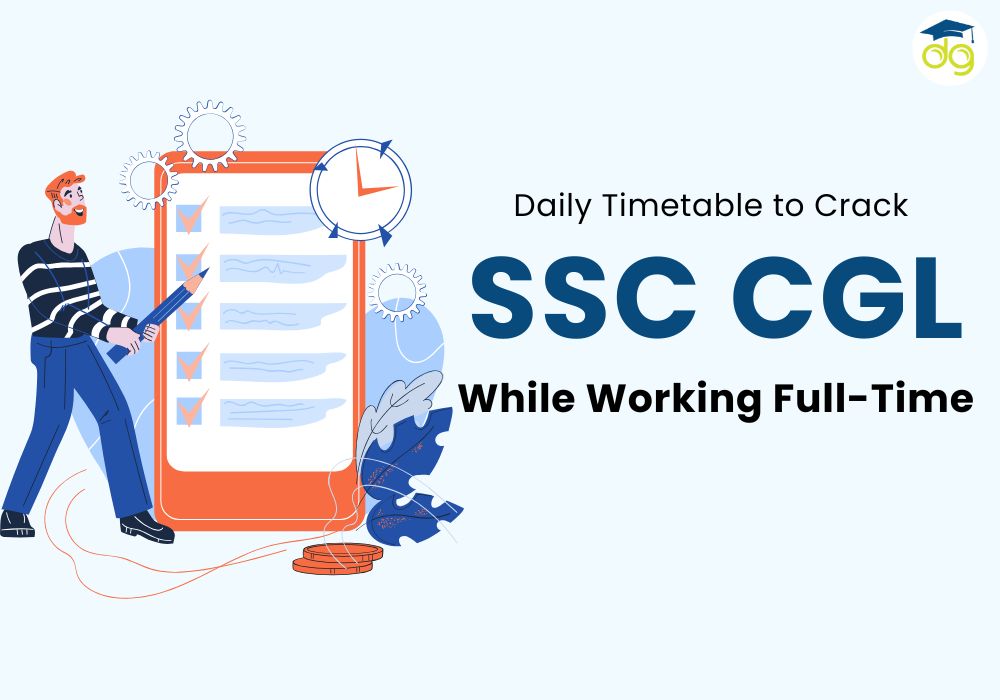
Daily Timetable to Crack SSC CGL While Working Full-Time
by Skoodos Bridge
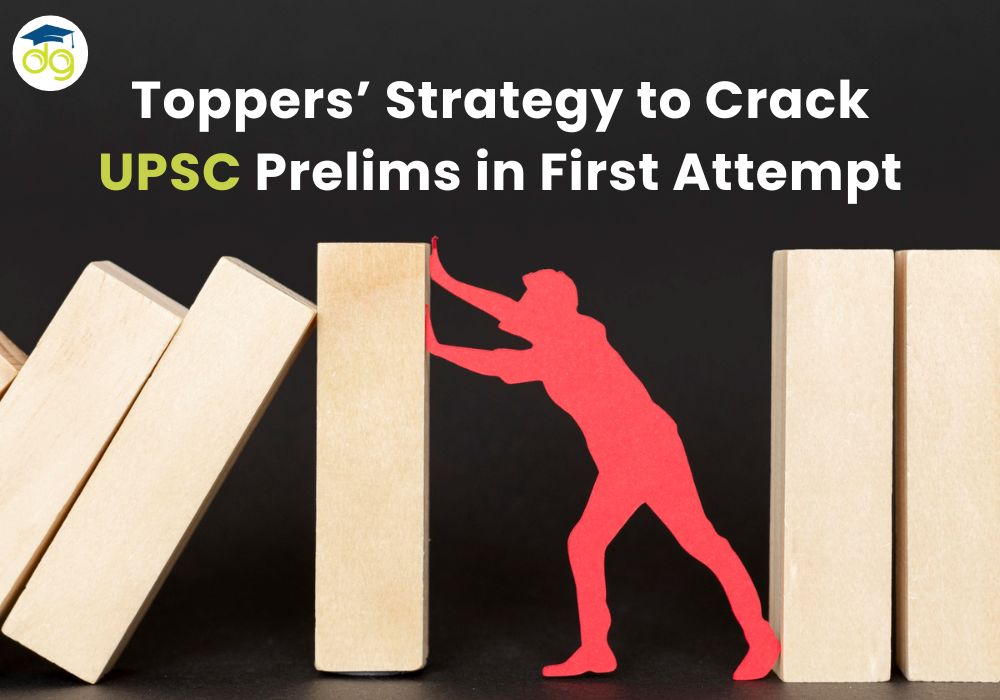
Toppers’ Strategy to Crack UPSC Prelims in First Attempt
by Skoodos Bridge
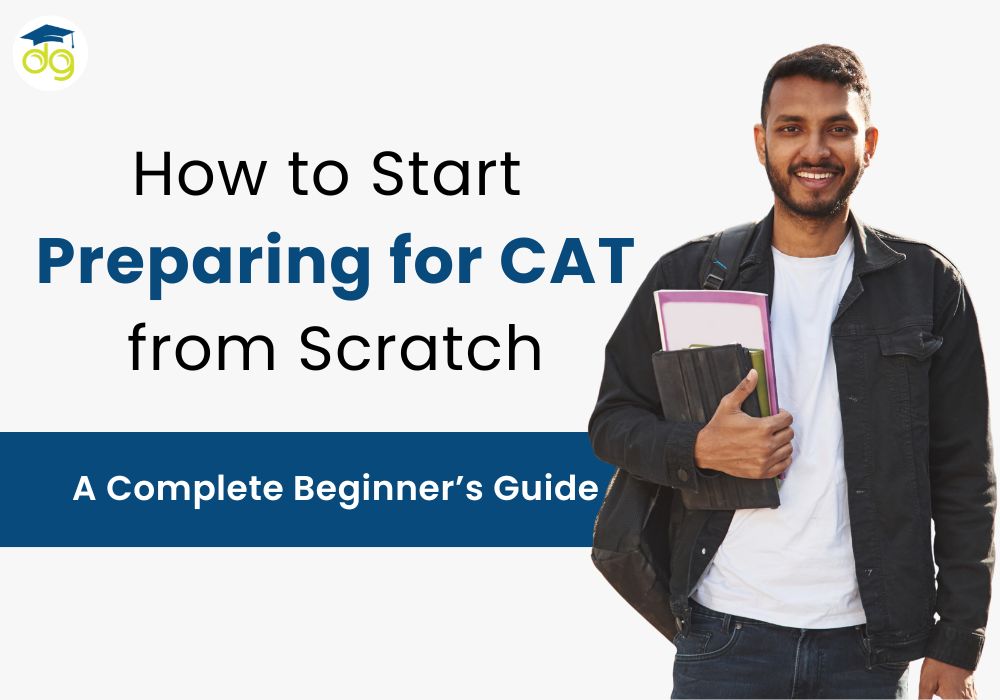
Beginner’s Guide: How to Start Preparing for CAT from Scratch
by Skoodos Bridge
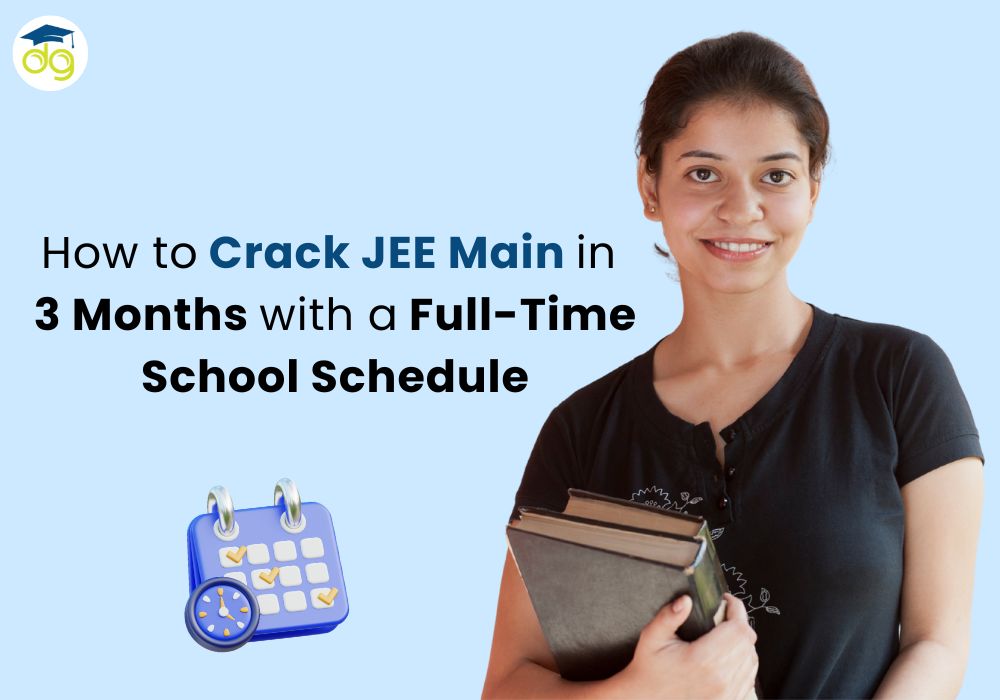
Crack JEE Main in 3 Months While Attending Full-Time School
by Skoodos Bridge

Top 10 CLAT Coaching in Mumbai for the Academic Year 2024-25
by Skoodos Bridge
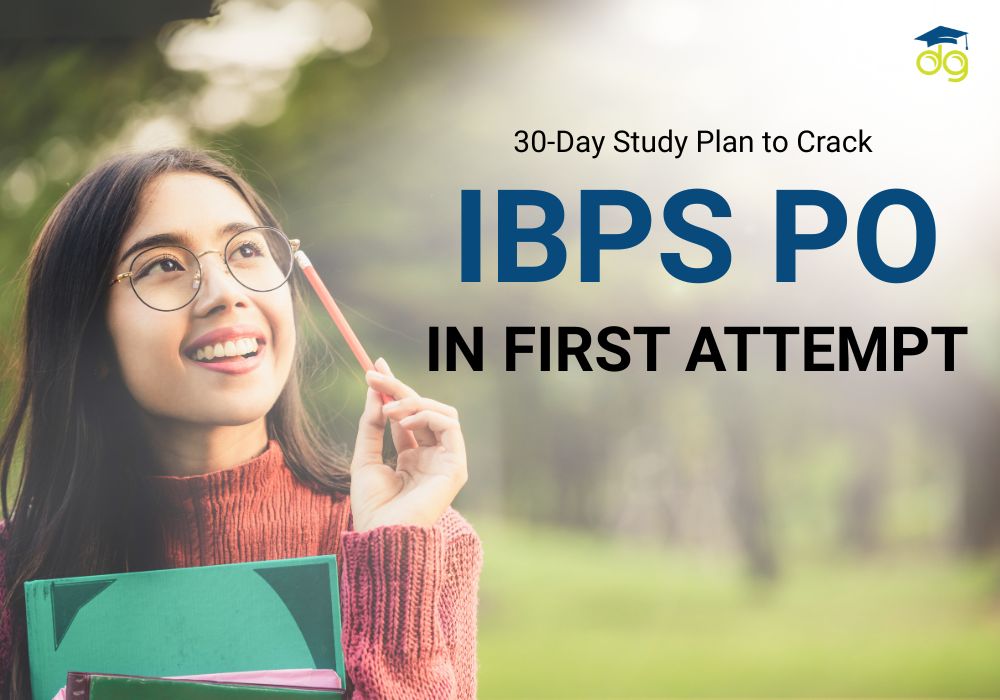
30-Day IBPS PO Study Plan to Crack the Exam on First Attempt
by Skoodos bridge

Best Books for SSC CGL Preparation 2025 – Tier-wise Guide
by Skoodos bridge
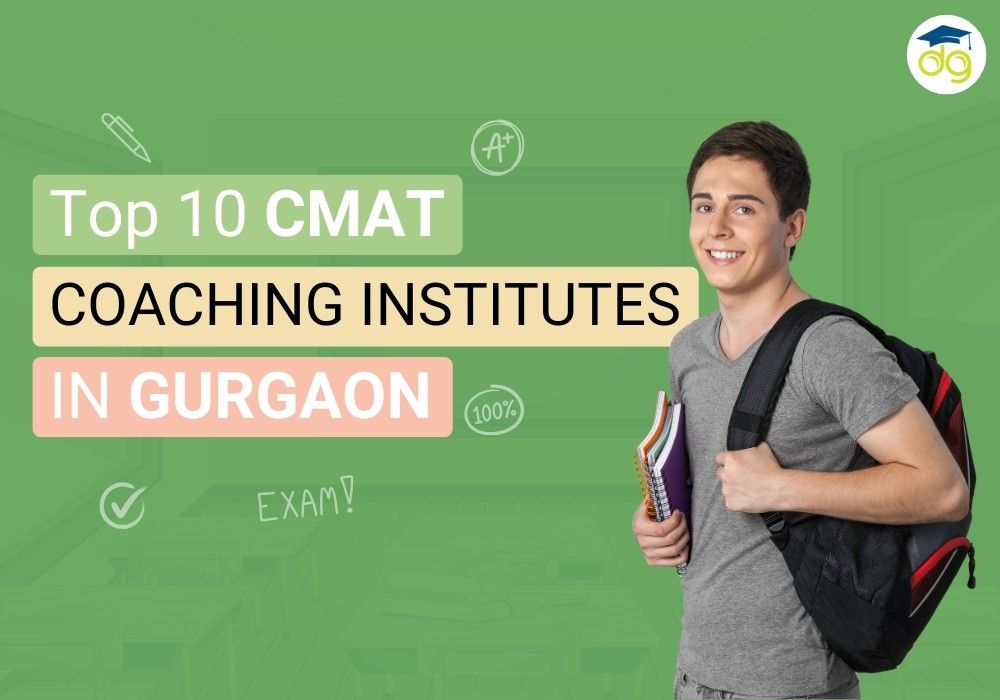
Top 10 CAT Coaching Institutes in Gurugram: Your Guide to Success
by Skoodos Bridge
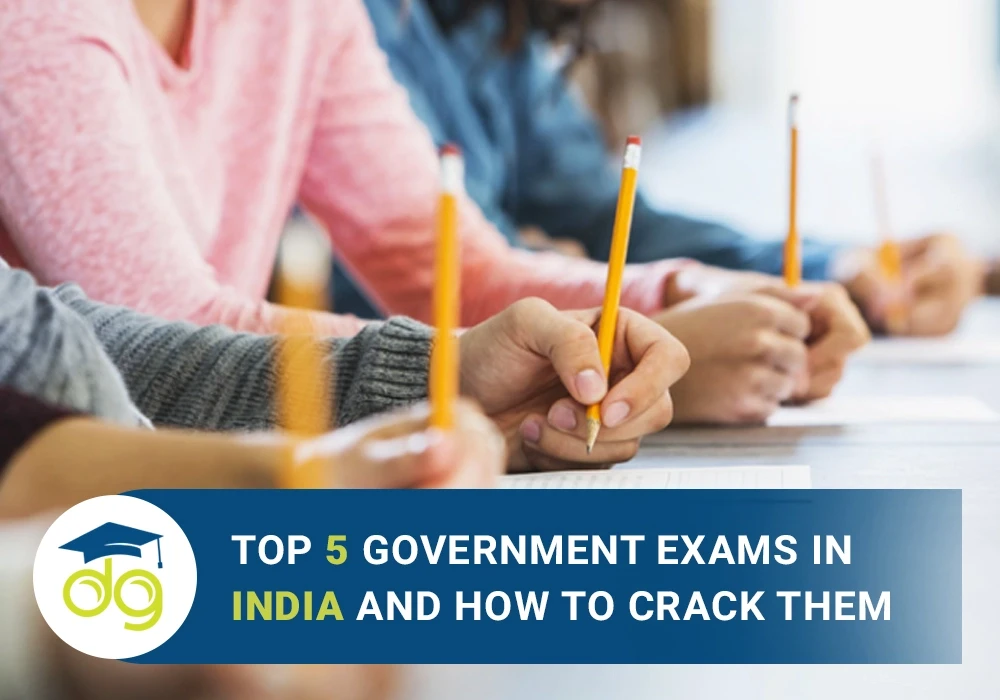

Leave a Comment